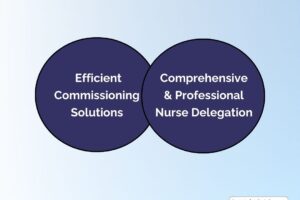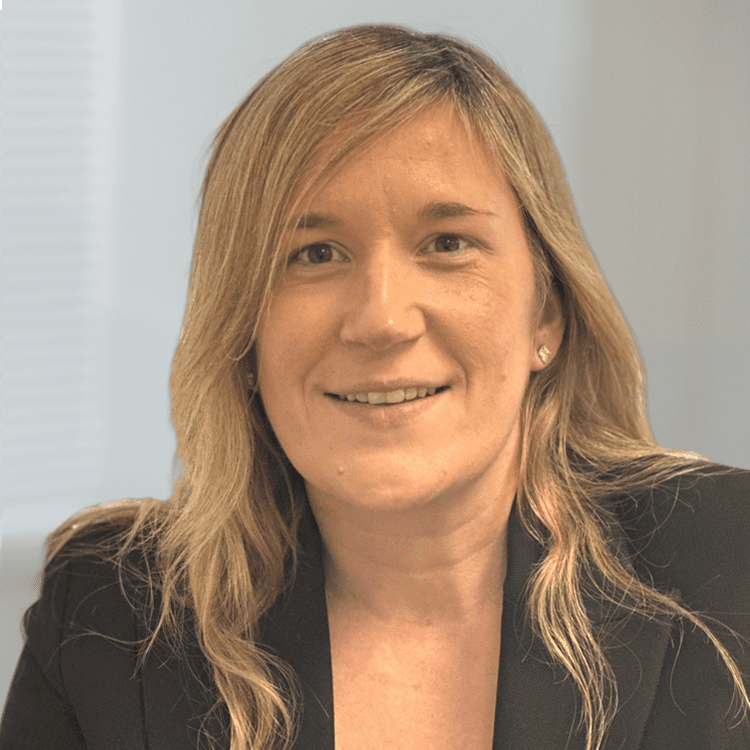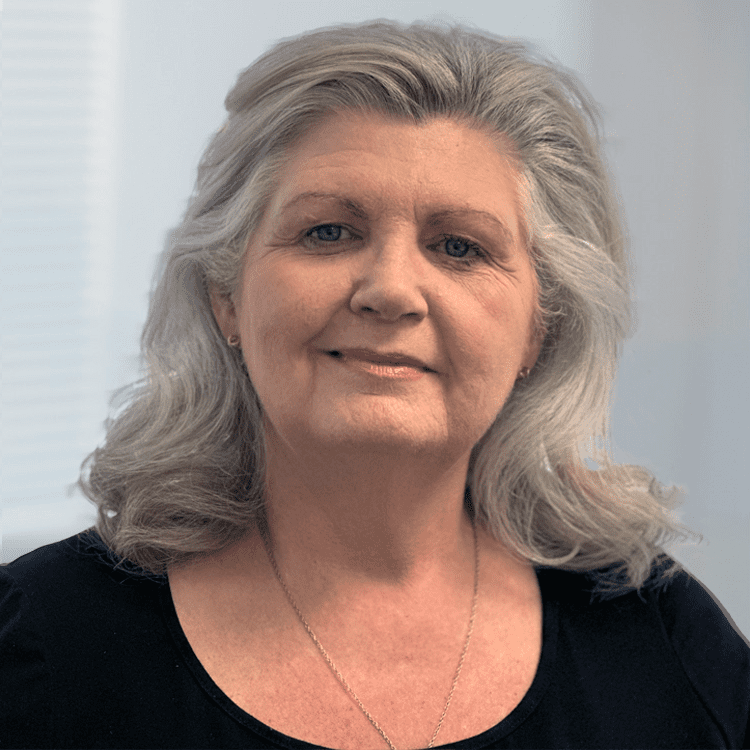Delivering Spinal Injury Care
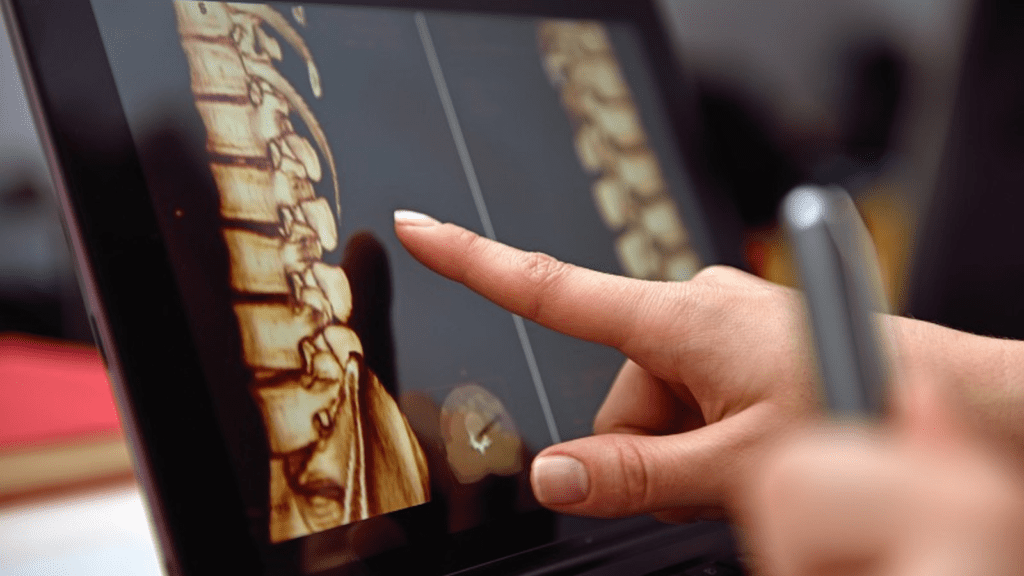
Here, you’ll learn about the various types of spinal cord injuries and how HFH can assist by implementing a comprehensive injury care plan.
Coming to terms with the life-changing outcomes of a spinal cord injury can be extremely challenging. Such an experience can change how an individual lives, their outlook on life and the level of help that they require from others.
This is where the help of dedicated carers enable people to live as fulfilling a life as possible.
At HFH Healthcare, we have experience and expertise in providing nurse led spinal injury care for people in their own homes, meeting their specific clinical needs, however complex, and supporting independent living.
We focus on helping clients to adapt to daily life in and outside of their home environment. Our team of dedicated spinal injury carers help them to be as self-sufficient as they can, giving them every opportunity to maintain an active work and social life.
Types of spinal cord injury
Spinal cord injuries (SCI) encompass numerous intricacies, depending on the specific area of the spine affected by trauma and the extent to which it was injured.
Most spinal cord injuries (SCI) are typically trauma-based, from incidents such as car/bike accidents, falls, sports injuries and even surgery complications, vascular disorders, tumours or infectious conditions. The nature and extent of the incident will determine the extent of the injury.
When diagnosing SCI, doctors will diagnose the injury as either:
Complete spinal cord injury – where the injury causes permanent damage to the spinal cord with total loss of sensation and movement below the level of the injury.
or
Incomplete spinal cord injury – this refers to partial damage to the spinal cord and the outcome is typically dependent on the level of the injury.
Levels of spinal cord injury
One of the main factors of spinal cord injury is the location of the accident on the spine. Usually, the more challenging injuries are connected to the higher sections of the spine, as this area of the body has a more complex anatomy due to the structure of the vertebrae.
The main levels of the spine that can be affected in a spinal injury which require the support of our specialist carers are :
Cervical Spinal Cord Injury – this is the area of the spine in the neck from the base of the skull to the shoulders. This is considered one of the most severe types of SCI, resulting in loss of use of legs and arms, often referred to as quadriplegia or tetraplegia. Care requirements encompass all body systems below the level of the neck. This can include breathing and may require ventilator support through a tracheostomy.
Thoracic Spinal Cord Injury – this is the area of the spine in the shoulders to the bottom of the rib cage. Damage to this part of the spinal cord can lead to support needs for bladder and bowel care and may need some support with ventilation or to perform a strong cough.
Lumbar and Sacral Spinal Cord Injuries – these areas are the lower third of the spine which innervate the lower back and bottom. Injuries can lead to a loss of function on the hips and legs, which can affect the functionality of the bladder and bowels and reproductive organs. As these people have the use of their upper limbs they remain physically independent and generally do not need specialist care providers for ongoing 24hr care.
Life with a spinal injury care support plan
Spinal injury care plans are holistically based around the client and their specific physical and emotional needs, taking account of personal choices and lifestyle goals. An allocated Nurse Case Manager supervises the team of spinal injury carers, conducting regular reviews and assessments to ensure the safety, quality, and effectiveness of all aspects of care provided.
At HFH Healthcare, our care teams take the patient’s preferences, goals, and values into account, working collaboratively to develop and implement a personalised care plan.
Spinal cord injuries can present various complications such as pressure ulcers, neurogenic bladder and bowel, respiratory issues, and autonomic dysreflexia. Carers play a vital role in delivering prompt effective care, monitoring patients for these complications, providing early intervention, escalating concerns, and implementing preventative measures in partnership the with their nurse case manager.
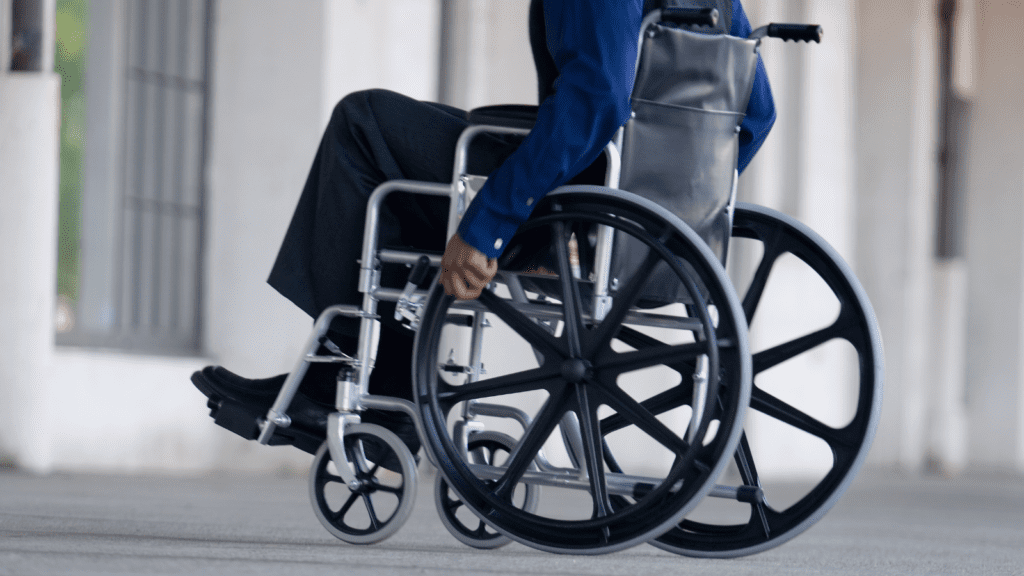
Pressure ulcers are among the major complications of spinal cord injury. It’s easy to become complacent about checking an individual’s skin daily, but the consequences of pressure ulcers can be serious. They can result in weeks or even months of bed rest and will cause much disruption to your daily routines, work, and social life.
A pressure ulcer develops when continuous unrelieved pressure is applied to any tissue of the body and usually occurs over a bony prominence. Continuous pressure prevents the blood from flowing through the tiny blood vessels that then starve the tissue of oxygen, creating a build-up of waste products. In early stages pressure ulcers typically appear as red marks, but if untreated, it could progress to a very deep wound that may reach the muscle and bone (a category 4 pressure ulcer). Our care teams are trained in the preventative monitoring of pressure sores preventing potential readmission to an acute setting.
A spinal cord injury does not just affect the ability to walk, but all bodily functions below the point of injury including bladder and bowel function. SCI people need clinical interventions to help them empty their bowels at a convenient time to prevent constipation and incontinence. Often, SCI people rely on another person to undertake these interventions and our care teams are trained to offer this support. There can be a problem when SCI people have to go into healthcare settings, as ironically the healthcare professionals may require training to understand the importance of and how to deliver these intimate care requirements.
It is also important to consider the potential effects on a patient’s mental wellbeing as a result of a spinal cord injury. Anxiety, depression, and PTSD can be common in clients suffering from spinal injuries. Nurse-led complex care providers can take these factors into consideration, both when setting out a care plan and in engaging the wider community multi-disciplinary team.
Working with patients living with spinal cord injuries can be an extremely fulfilling role, making a crucial difference in an individuals’ lives. We believe that everyone should live the best life possible, in the circumstances they find themselves in.
If you are interested in joining our Care team, have a look at the nurse vacancies that we have available in London and throughout the home counties. Or alternatively, give us a call on 0208 605 9712.
Alternatively, if you are looking to make a referral to HFH Healthcare, please call us on 0208 605 9714 or email referrals@hfhhealthcare.co.uk.


